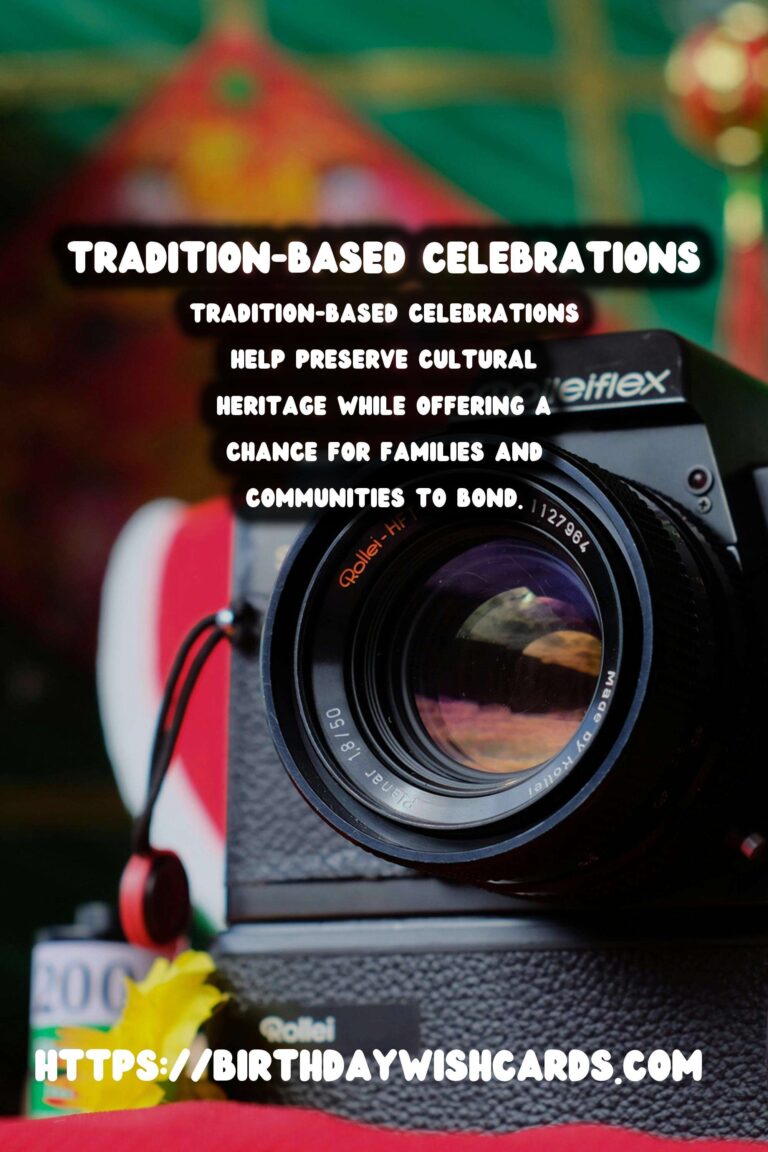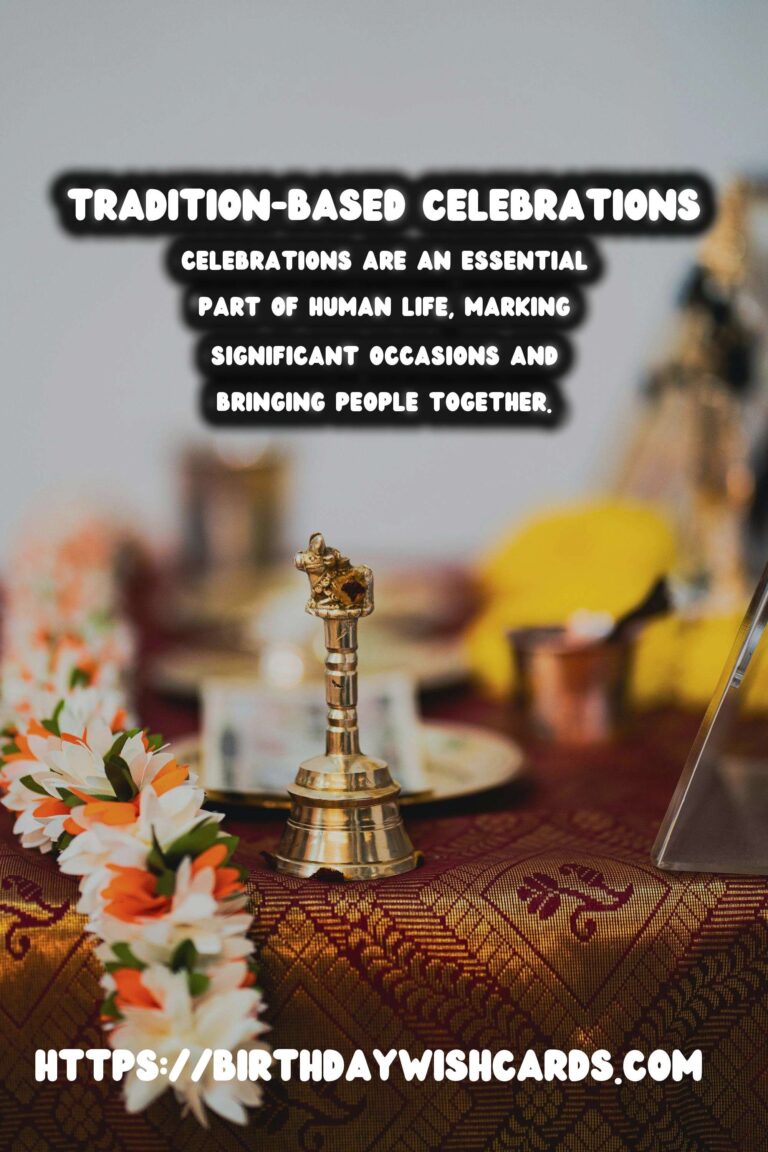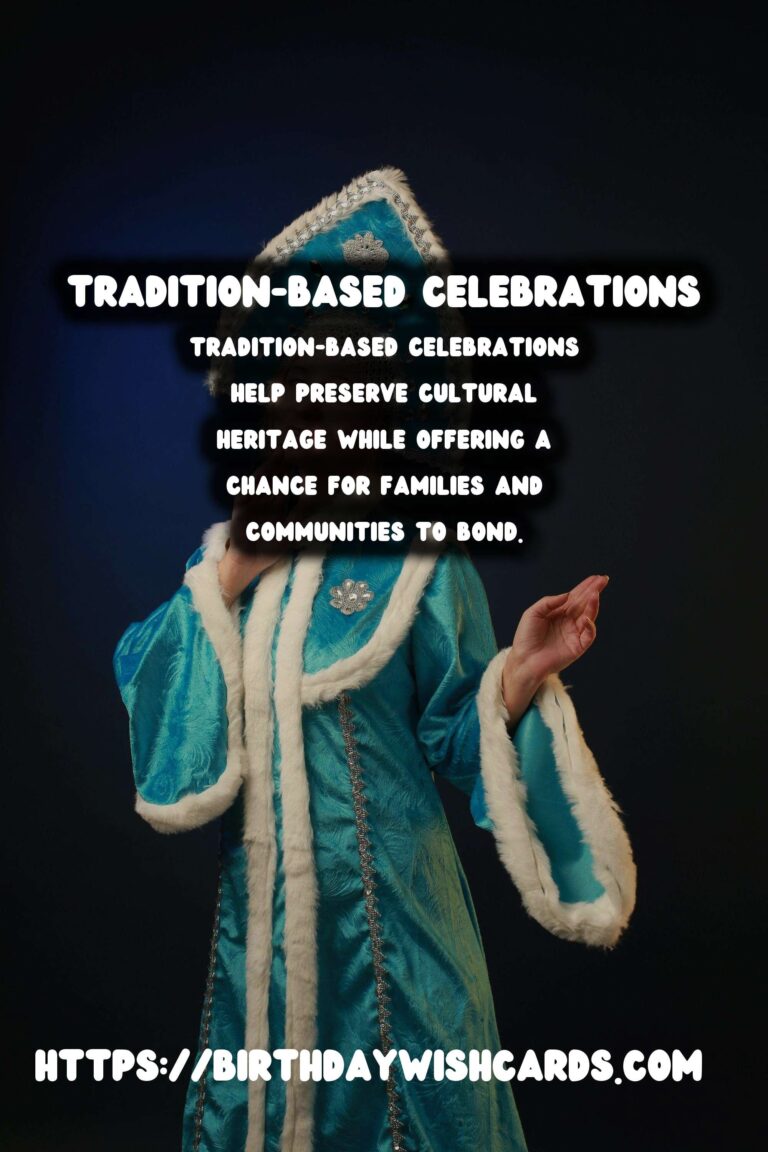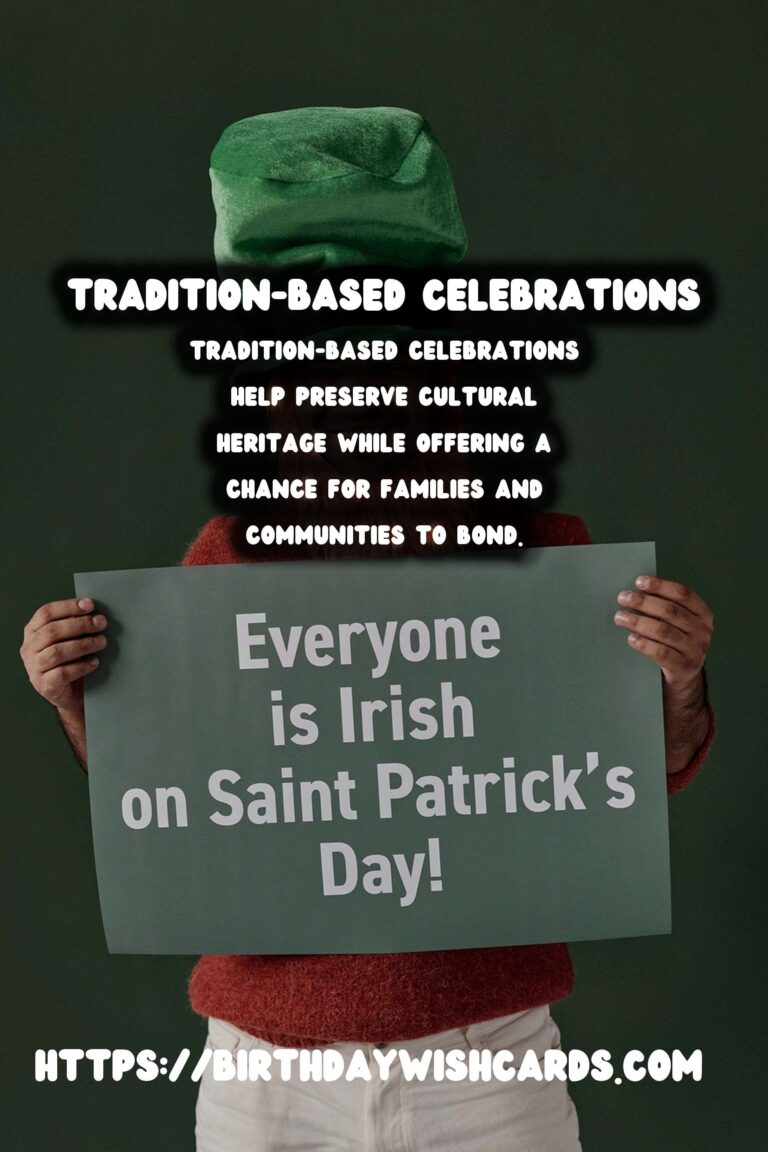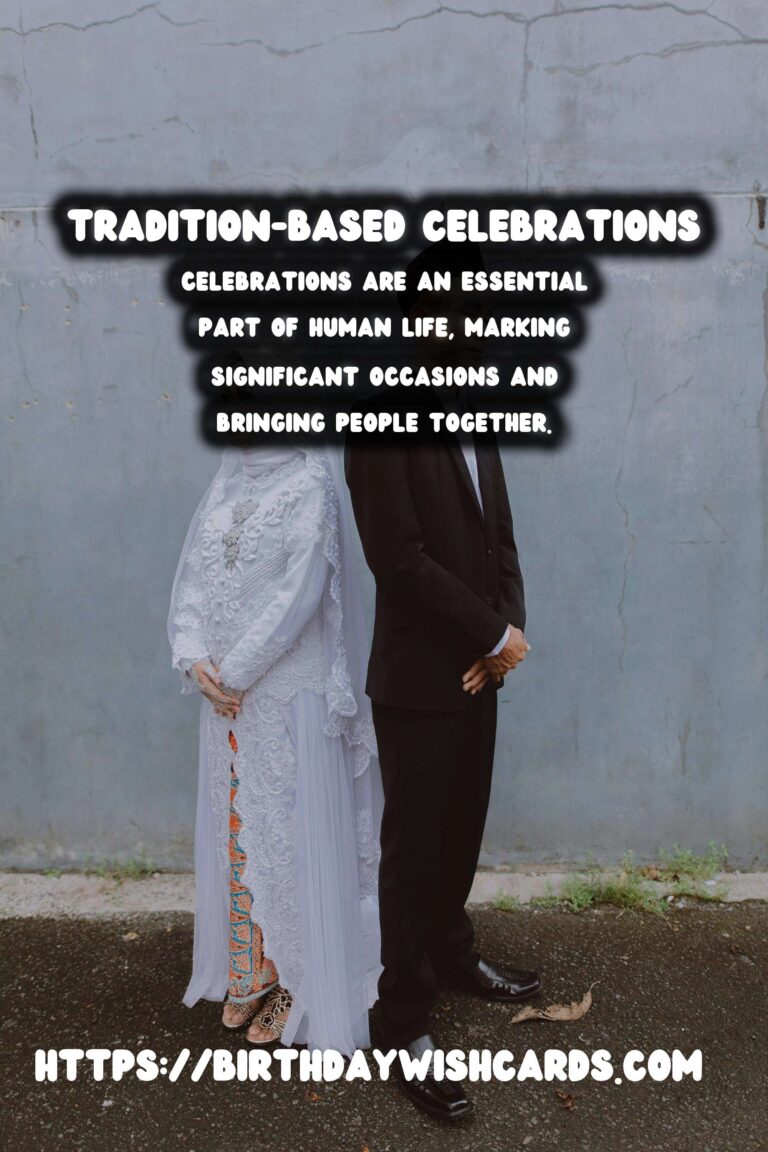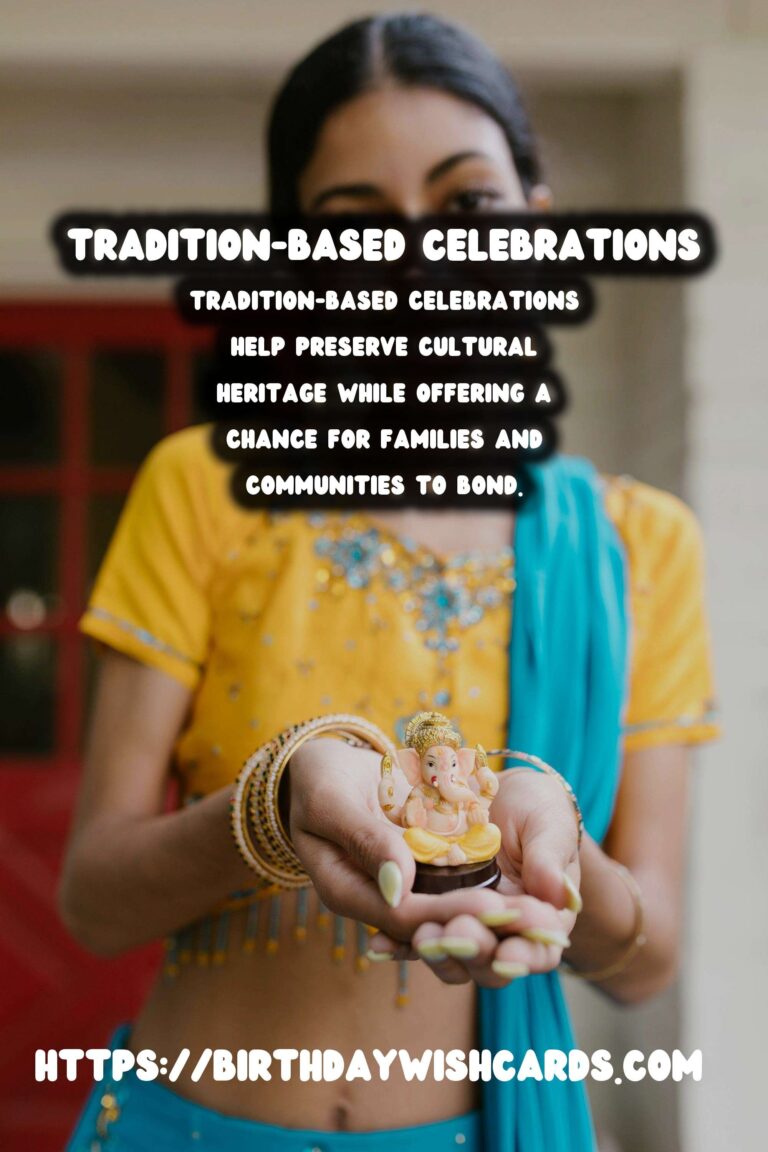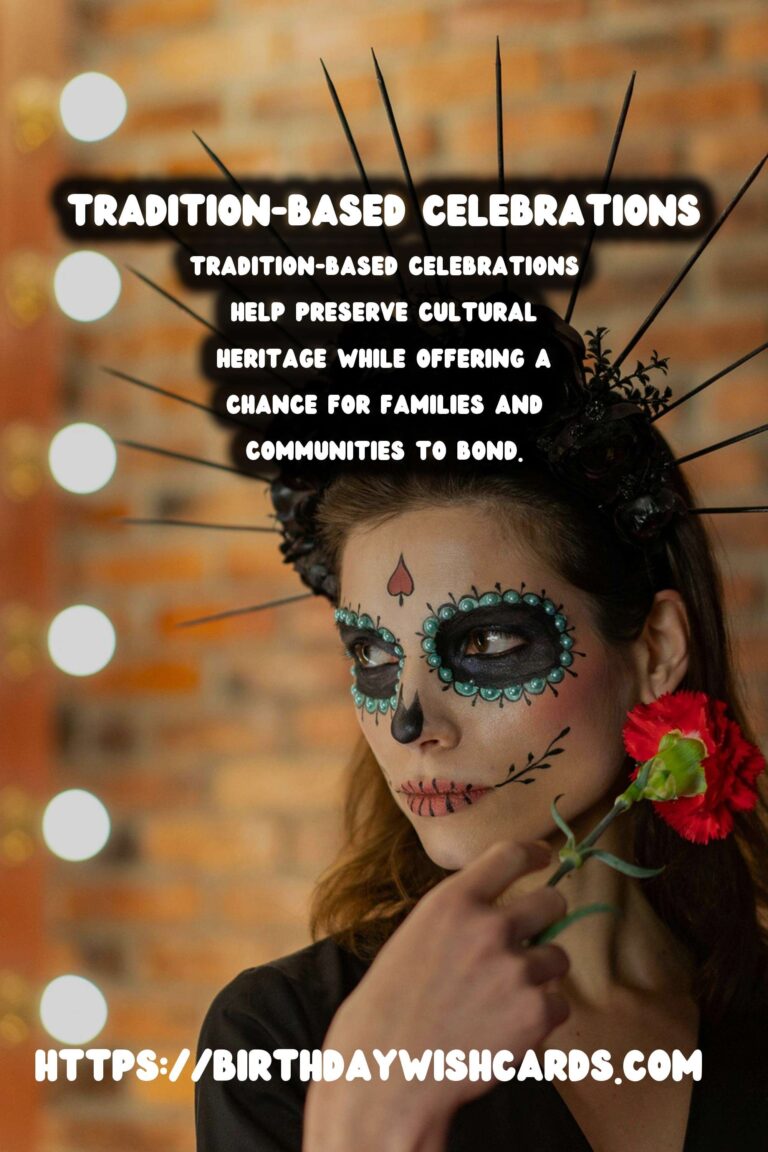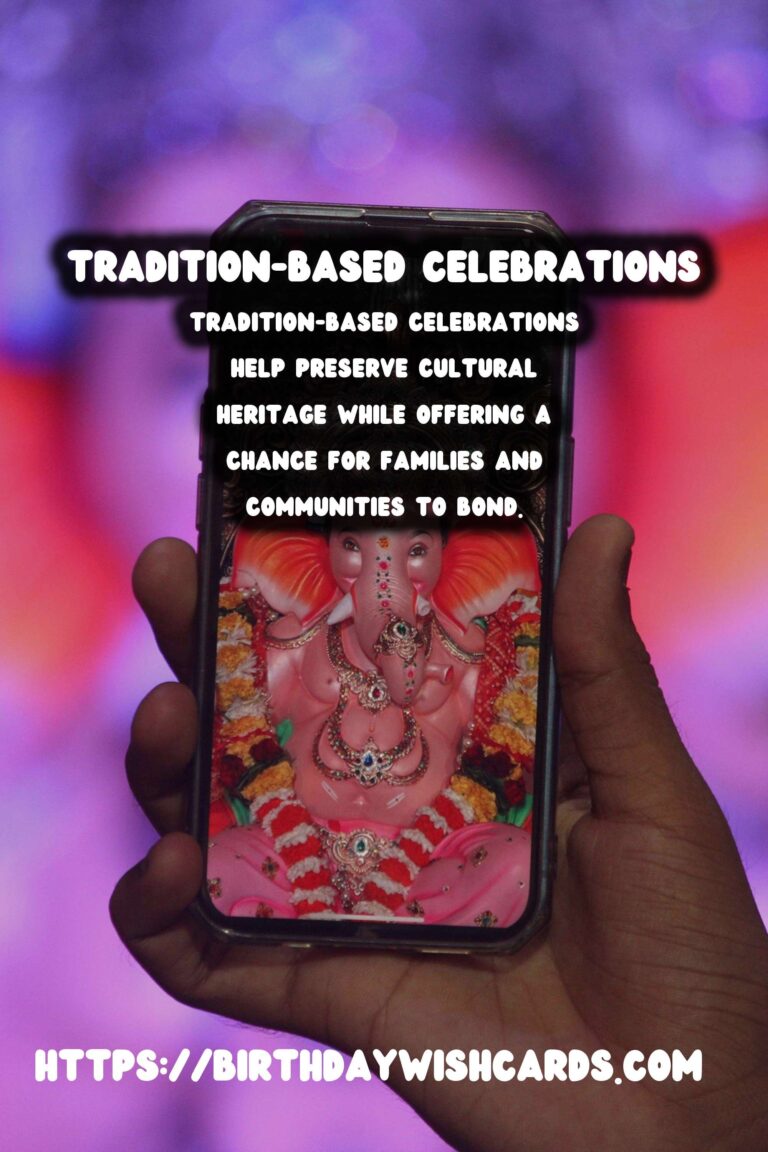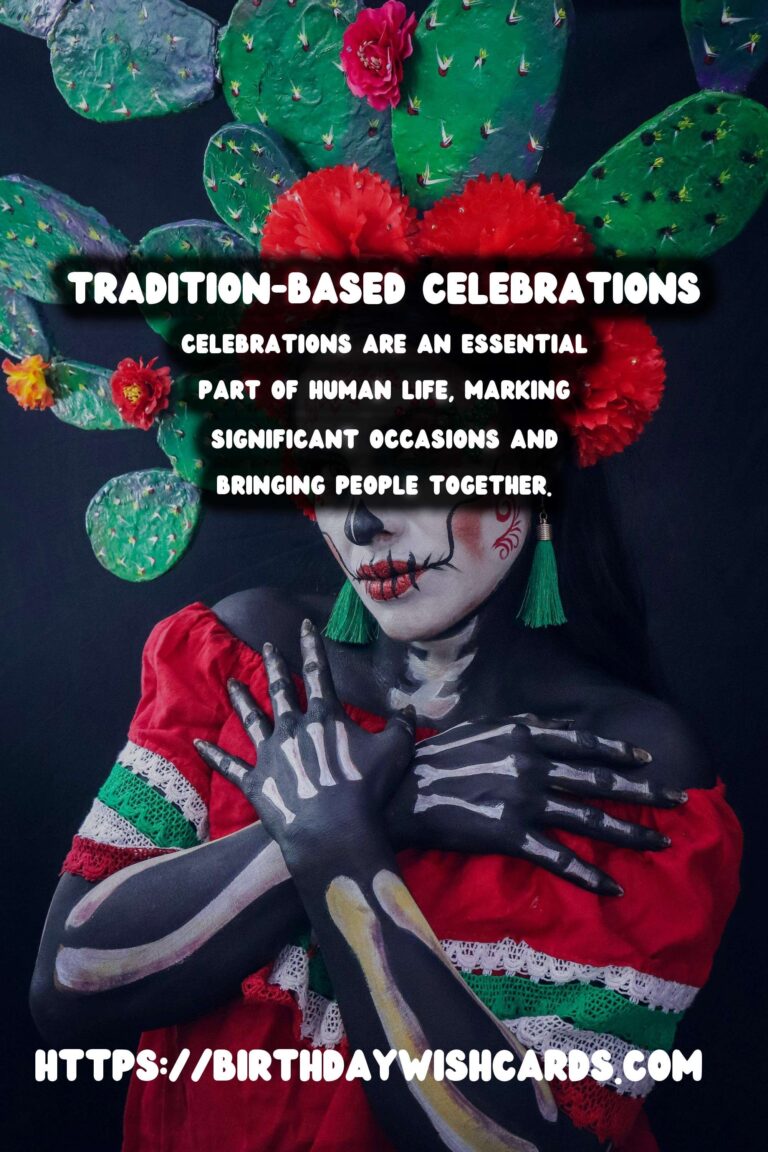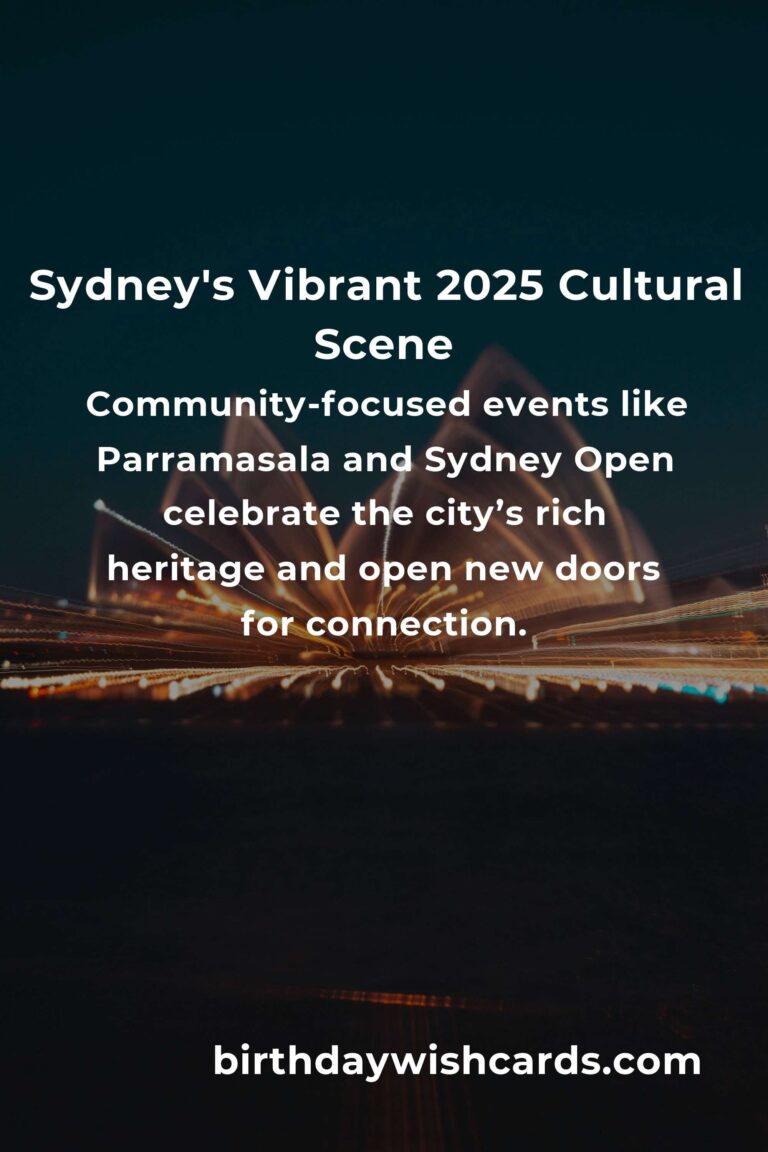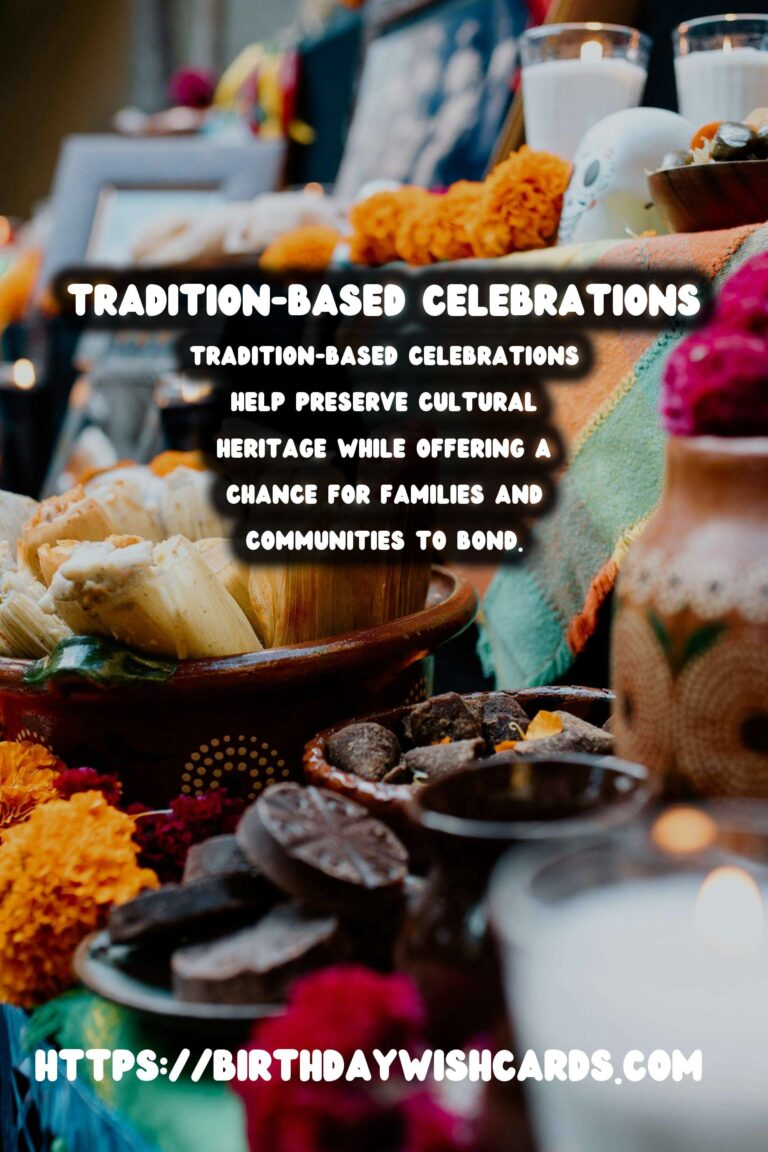
Celebrations are an essential part of human life, marking significant occasions and bringing people together. Tradition-based celebrations help preserve cultural heritage while offering a chance for families and communities to bond. In this article, we explore classic ways to create meaningful and engaging tradition-based celebration ideas.
Understanding Tradition-Based Celebrations
Tradition-based celebrations stem from historical customs and rituals. They reflect the values and beliefs of a community, often passed down through generations. These celebrations might be religious, seasonal, or centered around significant life events.
The Importance of Tradition in Celebrations
Traditions serve multiple purposes:
-
Cultural Identity: They help individuals identify with their cultural roots.
-
Social Cohesion: Traditions foster community ties and strengthen relationships.
-
Shared Experience: They create memorable experiences that families and friends can cherish.
Classic Ideas for Tradition-Based Celebrations
Here are some classic celebration ideas to inspire your own tradition-based events:
1. Family Reunions
Organizing a family reunion is a great way to celebrate your family’s heritage. Consider these key elements:
-
Location: Choose a central, meaningful location, such as a family member’s home or a park.
-
Family History: Share stories and genealogy to educate younger generations about their roots.
-
Traditional Foods: Serve dishes that represent your family’s cultural background.
2. Seasonal Festivals
Seasonal festivals mark changes in the year and connect people with nature. You can create your own:
-
Spring Celebrations: Host a spring cleaning and planting festival to welcome new life.
-
Summer Get-Together: Arrange a picnic or barbecue with games and swimming.
-
Autumn Harvest: Celebrate with a harvest festival featuring seasonal foods and local crafts.
-
Winter Solstice: Organize a cozy gathering with storytelling and hot drinks.
3. Cultural Celebration Days
Dedicate a day to celebrate your cultural practices. Here’s how:
-
Music and Dance: Invite dancers and musicians to showcase traditional art forms.
-
Workshops: Conduct workshops on traditional crafts or cooking methods.
-
Costumes: Encourage participants to dress in traditional attire to immerse themselves in the experience.
4. Themed Holiday Parties
Holidays are perfect occasions for themed parties that highlight specific traditions:
-
Christmas Traditions: Exchange handmade gifts and decorate cookies together.
-
Thanksgiving Feast: Host a potluck with family recipes shared among guests.
-
New Year’s Eve: Take part in traditional rituals that welcome the new year, like making resolutions.
Steps to Create Your Tradition-Based Celebration
Creating a tradition-based celebration involves thoughtful planning. Here are essential steps:
1. Choose a Theme
Select a theme that resonates with your cultural background or family history.
2. Set a Date
Pick a date that allows maximum participation, considering public holidays and family schedules.
3. Plan Activities
Decide on activities that reflect your theme, such as games, performances, or communal meals.
4. Prepare Traditional Foods
Food is central to celebrations. Include recipes passed down in your family or those that represent your culture.
5. Create Memories
Consider documenting the celebration through photos or videos and encourage guests to share their experiences.
Incorporating Modern Touches
While traditions are essential, incorporating modern elements can make the celebration more enjoyable for everyone:
-
Digital Sharing: Create a Facebook group or Instagram hashtag to share moments from the event.
-
Online Invites: Use platforms like Evite or Paperless Post to send invitations.
-
Interactive Elements: Incorporate interactive games or socially-distanced activities for larger gatherings.
Conclusion
Celebrating traditions allows us to connect with our roots, share memories, and create lasting bonds with family and friends. By following the classic ideas and steps shared in this article, you can create meaningful tradition-based celebrations that will be cherished for years to come.
Celebrations are an essential part of human life, marking significant occasions and bringing people together. Tradition-based celebrations help preserve cultural heritage while offering a chance for families and communities to bond. 
